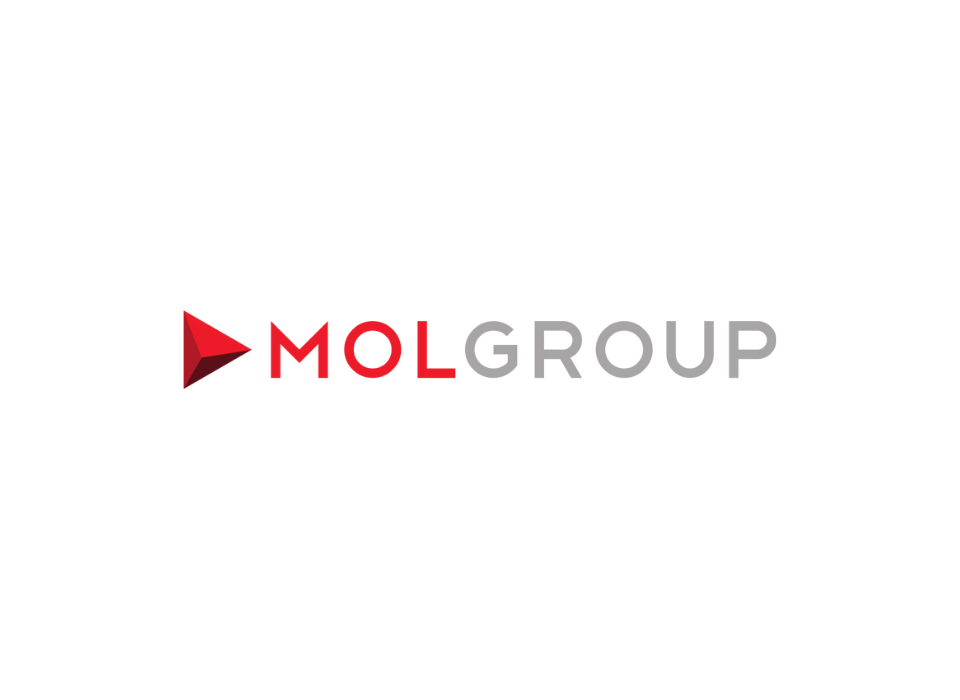
MOL Group has achieved a significant milestone by completing the initial production test at its pyrolysis-based chemical recycling plant in Tiszaújváros, Hungary. The Hungarian oil and gas company successfully transformed post-consumer plastic waste into polyethylene (PE) and polypropylene (PP) at its International Sustainability and Carbon Certification (ISCC) Plus-certified petrochemicals facility.
"This successful test shows that MOL Group can now process circular feedstocks according to ISCC Plus-certified processes, turning plastic waste into new, high-value products," said Péter Császár, Senior Vice President of MOL Group Chemicals. He emphasized that this progress represents a crucial step in advancing sustainable petrochemical production and consolidates MOL's role as a leading player in the circular economy across Central and Eastern Europe.
The plant incorporates cutting-edge pyrolysis technology developed by Lummus, with the capacity to process 40,000 tonnes of mixed plastic waste annually. The plant features a fully electric pyrolysis reactor, ensuring zero direct scope one emissions during normal operations—a significant advancement in reducing environmental impact.
MOL Group's efforts in plastics recycling extend beyond this plant. The company has strategically invested in recycling businesses over the past few years, acquiring German recycled plastics compounder Aurora Kunststoffe and Hungarian recycler ReMat Zrt. Combined, these companies provide an annual production capacity of around 40,000 tonnes.
Additionally, MOL entered a strategic partnership with Germany's APK, known for its innovative solvent-based Newcycling technology. Through such initiatives, MOL aims to develop a recycled plastics production portfolio exceeding 100,000 tonnes annually, aligning with its broader goal of becoming a central force in the circular economy across Central and Eastern Europe.